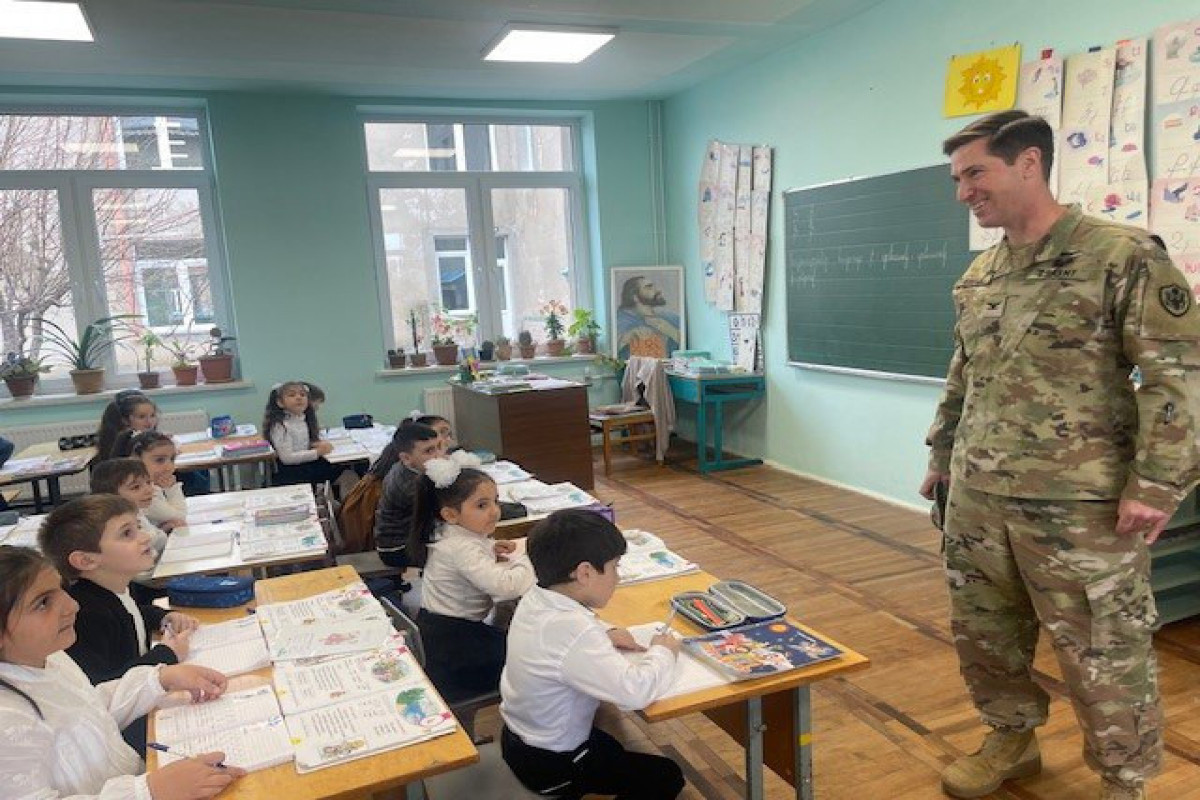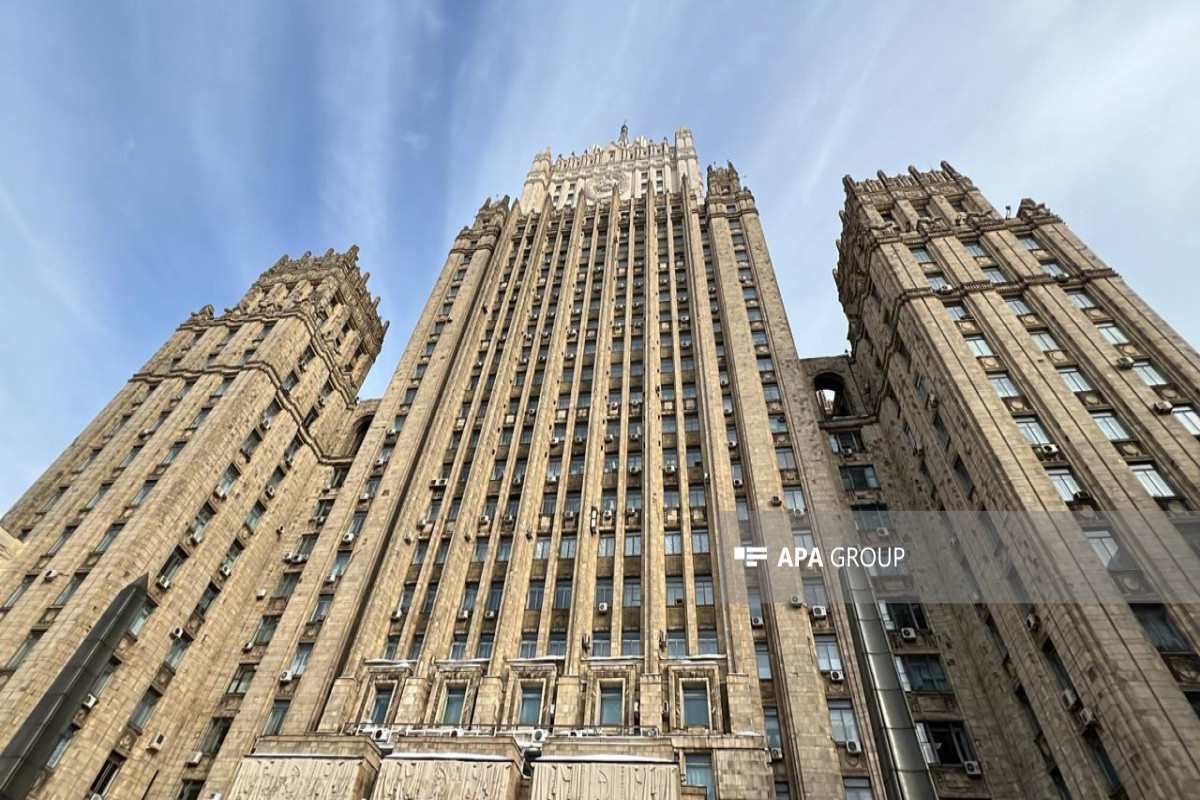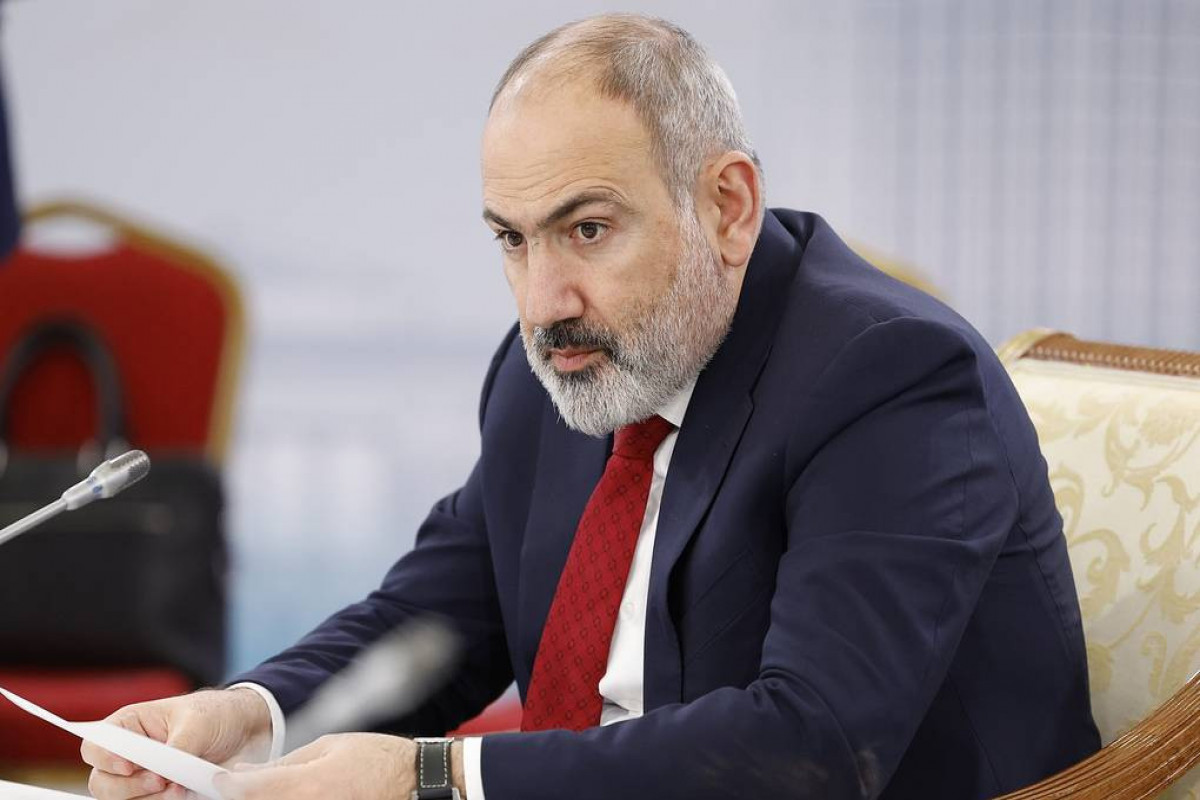The first test launch of a manned spacecraft atop the Soyuz-2.1 carrier rocket will take place on Thursday morning to deliver a Russian humanoid robot to the International Space Station (ISS), APA reports citing TASS.
"[The launch] will be carried out in the unmanned mode. It will be a test flight [with a manned spacecraft] for the Soyuz-2.1a carrier rocket, which was previously used for delivering space freighters and various satellites to orbit," Russia’s Roscosmos space corporation said in a statement on its website.
The flight to the ISS will be carried out under the two-day scheme, with docking scheduled for 08:31 Moscow time on August 24.
Soyuz-FG rockets becoming history
The Soyuz-2 rocket will replace Soyuz-FG, which has delivered international crews to the ISS since 2002.
Russian space industry switched to a next-generation rocket after Ukrainian partners stopped deliveries of analog control systems installed on Soyuz-FG. As the two countries suspended cooperation in the space industry, Russia was left with a limited number of Soyuz-FG. The last launch of this type of rocket will take place on September 21. Soyuz-2.1a rockets are equipped with Russian-made digital control systems.
The first test launch of a Soyuz-2 rocket took place at the Plesetsk space center in northern Russia on November 8, 2004. The first commercial launch, to put the Europe’s MetOp weather satellite into the orbit, was carried out in 2006.
Robot Fedor’s space mission
Although there will be no humans on board this time, the Soyuz-MS spacecraft will carry Russia’s Skybot F-850 android robot and cargo to the International Space Station (ISS).
The Skybot F-850 android robot (previously called FEDOR - Final Experimental Demonstration Object Research) was developed by Android Technology Company and the Advanced Research Fund on a technical assignment from Russia’s Emergencies Ministry. The android robot will join the Russian crew of the International Space Station to continue the tests of "the space-designated anthropomorphous system," Roscosmos Director General Dmitry Rogozin said earlier.
During his two-day flight to the ISS, the robot will take a cosmonaut’s seat, the Director General of the Zvezda Research and Production Enterprise Sergei Pozdnyakov told TASS.
Roscosmos Executive Director for Manned Space Programs Sergei Krikalyov earlier said that no ceremony to greet the robot on board the ISS is planned. ISS crew members treat the robot’s arrival as a routine experiment, he added.
However, a special message to greet the ISS crew has been uploaded into the robot’s memory, according to Yevgeny Dudorov, the executive director of the robot’s manufacturer Android Technology.
The robot’s space mission will last approximately 17 days.
On board the station, Skybot F-850 will transmit telemetry data and determine parameters related to flight safety, Roscosmos head Dmitry Rogozin said. The robot will also be switched to the ‘avatar’ mode, during which it would mimic the actions of a human controller to perform certain manipulations that can be useful during spacewalks.
According to Yevgeny Dudorov, the executive director of the robot’s manufacturer Android Technology, Skybot F-850 will perform "about five or six scientific tasks."
"Those scientific tasks have been kept secret. Their implementation is scheduled for [August] 28-30," he said.
"As far as autonomous work is concerned, there will be none," Dudorov added.
Meanwhile, the Roscosmos executive director in charge of science, Alexander Bloshenko, said that the robot would try to use human tools during one of those experiments.
"For Skybot F-850 we designed a scenario with typical manipulations to be carried out in the avatar mode. He will try to use screwdrivers, spanners and various electrical connectors - everything that cosmonauts use in their routine work," he said in an interview with Russia’s Rossiiskaya Gazeta government daily. "Fedor’s ISS schedule also includes several interesting tricks, but we will make them public a bit later."






